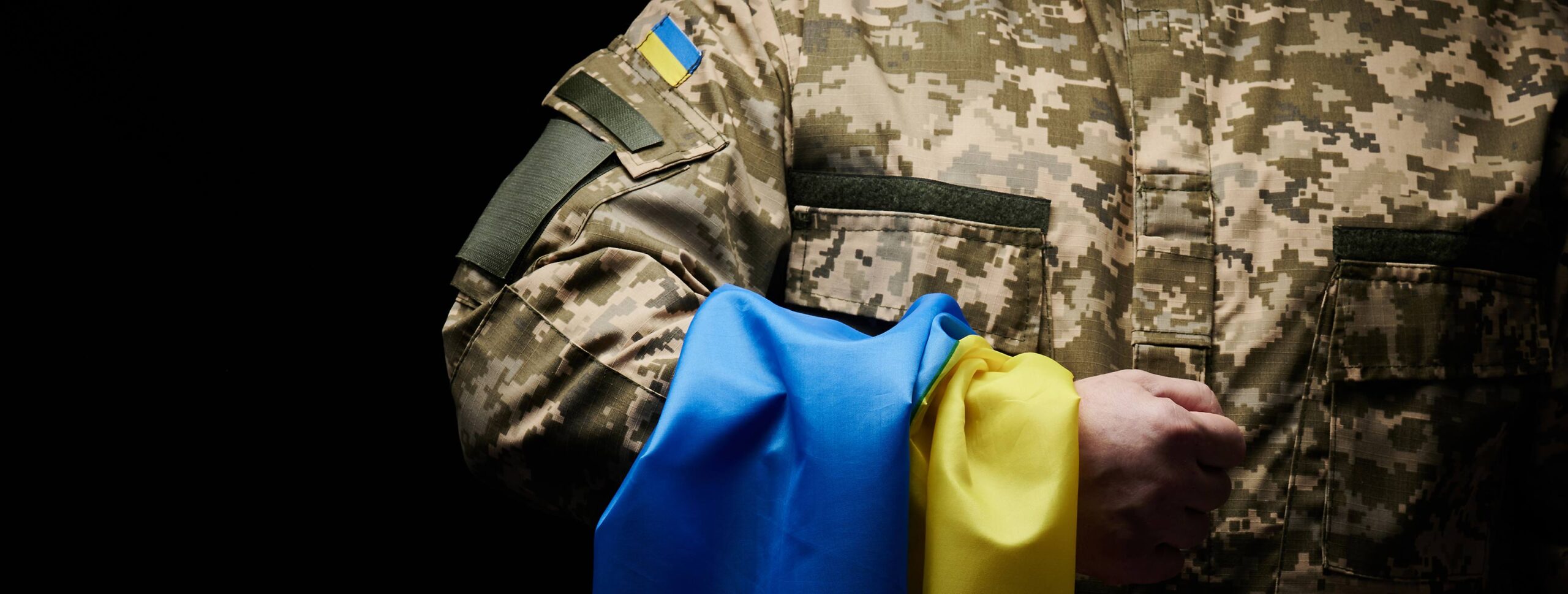Lawyer
National legislation
National legislation must comply with the country's international obligations regarding the treatment of prisoners of war. In Ukraine, in particular, this issue is regulated by the Law of Ukraine "On International Humanitarian Law". This law enshrines the basic principles of international humanitarian law and defines responsibility for violations of the norms relating to prisoners of war.
Consultation of a lawyer
Consulting a lawyer is an important stage in the process of identifying and preventing violations of the rights of prisoners of war. The lawyer will provide recommendations on compliance with the norms of international humanitarian law and national legislation. The consultation also includes clarification of legal responsibility for mistreatment of prisoners of war and the possible legal consequences of such actions.
Analysis of documents
Analysis of documents is necessary to identify possible violations and develop measures to eliminate them. The lawyer conducts an analysis of normative legal acts, international treaties, internal instructions and other documents regulating the treatment of prisoners of war. This makes it possible to identify gaps in legislation, legal conflicts and develop recommendations for improving the legal framework.
Legal opinion
The legal opinion is an important document containing a legal assessment of the situation and recommendations to prevent violations of the rights of prisoners of war. The lawyer, based on the analysis of documents and current legislation, will prepare a legal opinion, which will specify which legal norms must be followed to ensure the humane treatment of prisoners of war. The conclusion may also contain recommendations for the development of new normative legal acts or amendments to existing ones.
Legal opinion of the lawyer
A lawyer's legal opinion can be useful to protect the rights of prisoners of war in case of violation of their rights. A lawyer, based on his experience and knowledge, will be able to provide a professional assessment of the situation and offer effective legal mechanisms to protect the rights of prisoners of war. This may include preparing legal documents, going to court or using other legal tools to ensure compliance with international humanitarian law.
Main aspects of legal responsibility
Criminal liability: Violation of the norms of international humanitarian law regarding the treatment of prisoners of war is subject to criminal liability. This includes crimes against humanity, war crimes and other serious offences. Those responsible can be prosecuted both nationally and internationally, for example by the International Criminal Court.
Administrative responsibility: In some cases, administrative sanctions may be applied for violation of the regime of detention of prisoners of war. These can be fines, disciplinary measures or other administrative penalties.
Civil liability: Prisoners of war or their relatives may claim damages if their rights are violated. This may include financial compensation for physical or moral damage.
Conclusion
The issue of legal responsibility for the mistreatment of prisoners of war is a complex and multifaceted task that requires compliance with international humanitarian law and national legislation. Consultation of a lawyer, analysis of documents and preparation of a legal opinion are key stages that ensure legal regulation of the treatment of prisoners of war. It is also important to use the possibilities of international and national legislation to ensure the protection of the rights of prisoners of war and to bring to justice those guilty of violations. Only a comprehensive approach will make it possible to succeed in this difficult task and ensure the observance of human rights during armed conflicts.





























